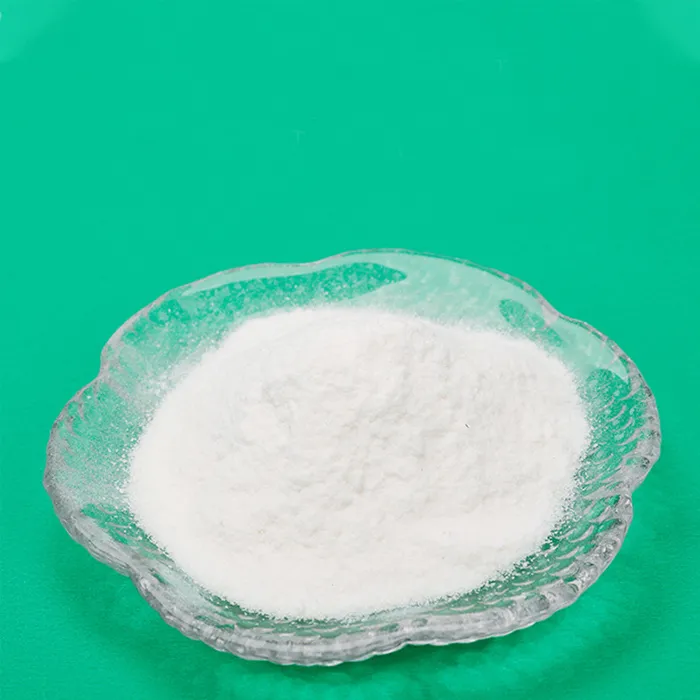Industrial Water Chemicals Enhancing Water Treatment and Efficiency
Water is an essential resource in various industrial sectors, and its quality plays a crucial role in ensuring operational efficiency, product quality, and environmental compliance. To maintain the integrity of industrial water systems, a range of specialized chemicals is employed in water treatment processes. These industrial water chemicals serve multiple purposes, including preventing corrosion, controlling scale formation, and mitigating biological growth, which can all lead to significant operational issues if left unaddressed.
One of the primary functions of industrial water chemicals is to manage the challenges posed by corrosion
. Corrosion can lead to severe damage to pipes, boilers, and other equipment, resulting in costly repairs and unplanned downtime. To combat this, corrosion inhibitors are added to the water system. These chemicals work by forming a protective film on the metal surfaces, which reduces the rate of corrosion and extends the lifespan of the equipment. Common corrosion inhibitors include phosphates, polyphosphates, and amine-based compounds, each selected based on the specific requirements of the system and the nature of the metals involved.In addition to corrosion, scale formation represents another significant challenge in industrial water systems. Scale, primarily formed by dissolved minerals like calcium and magnesium, can accumulate on heat exchangers and other surfaces, leading to reduced thermal efficiency and increased energy consumption. To prevent scale buildup, water treatment facilities often employ scale inhibitors. These chemicals, such as phosphonates and polymers, work by disrupting the crystallization of minerals, ensuring that they remain suspended in the water and preventing the deposition of hard scale on equipment surfaces.
industrial water chemicals

Moreover, controlling biological growth in water systems is vital to maintaining water quality and operational effectiveness. Biofilm formation and the proliferation of bacteria, algae, and other microorganisms can introduce a host of problems, including fouling, decreased efficiency, and potential health risks. Biocides are chemicals specifically designed to eliminate or control these unwanted organisms. Common biocides include chlorine, bromine, and non-oxidizing agents like isothiazolinones and quaternary ammonium compounds. The selection of a biocide depends on various factors, including the specific type of microorganisms present, water temperature, and the system's operational pressures.
Another key area where industrial water chemicals make an impact is in improving the efficiency of wastewater treatment processes. Many industries generate wastewater that, if not treated properly, can lead to environmental pollution and regulatory fines. Coagulants and flocculants are essential chemicals used in the wastewater treatment process to aggregate suspended solids, making them easier to remove. Coagulants, such as aluminum sulfate and ferric chloride, neutralize the charges of particles in the water, allowing them to clump together. Flocculants, on the other hand, are used to enhance the settling and retention of these aggregates.
Furthermore, with the increasing focus on sustainability and environmental responsibility, many industries are turning to innovative solutions that utilize green chemicals for water treatment. These biodegradable formulas can reduce the environmental impact of traditional water chemicals while maintaining efficiency and effectiveness. The development and use of such environmentally friendly alternatives are becoming increasingly popular as industries strive to reduce their ecological footprints.
In conclusion, industrial water chemicals play a vital role in enhancing the efficiency and reliability of water systems across various sectors. By effectively preventing corrosion, controlling scale, managing biological growth, and facilitating wastewater treatment, these chemicals contribute to operational efficiency and product quality. As industries continue to prioritize sustainability, there is a growing trend toward the use of green chemicals that can achieve similar results while minimizing environmental impacts. As technology evolves, the development of new formulations and methodologies in industrial water treatment remains a crucial area of focus for ensuring the sustainability of water resources in an increasingly resource-conscious world.

